|
I would be remiss if I didn't at least note that today is the 100th anniversary of when father, Edward Elisberg, was born in Chicago. He passed away in 2016 at the age of 95. By the way, I was going to say, "Dr. Edward Elisberg," since he took massive pride being a doctor and would always -- always -- correct people when they referred to him as "Mr. Elisberg." However, since he didn't have his degree when he was born, I didn't want to be confusing. (Still, he came close. When he was a little kid, he wrote a long poem, "I Want to be a Doctor," when he was 10 years old. His dad (my grandfather Mike) was impressed enough to have it printed up. Here's what he wrote, back in 1931. As I noted, he did become a doctor. And he loved it, practicing for almost 50 years. But that doesn't describe it well-enough. Here's how much he loved being a doctor – when he had his quadruple bypass surgery late in his career, he said that outside of normal vacation days off, it was the first day of work he had missed in 39 years. He always went to the office, even if he wasn’t well, even if just for half a day. He loved being a doctor. Happily, he was a very good father, too. As I've mentioned in the past, these pages were never intended to be about politics, just something to be discussed along with everything else. Then, Trump World took over -- and still rears its ugly head on a daily basis. I periodically try to return to the normalcy of the early days around these parts, but it's hard to ignore reality, though Republicans seem to do a good job of that. Still, I try to get the balance back. And the truth is that there is plenty of news and commentary overflowing like lava to cover the ground really well whenever one steps back here. And so we continue our balancing act. Yesterday, I wrote about loving to watch the Tour de France every year, which is carried on NBCSN, the NBC sports network channel. What I left out is how weird this is, to watch the race -- even more than it would normally seem, watching a bike race for hours a day for three weeks -- given that I really don't understand any of the rules. This includes not understanding how teams work or even why there are even teams at all in what appears to be an individual sport. And not understanding what the reason is for the peloton, the large pack of riders behind all the leaders. It took me years to figure out why there is a points leader and also an overall leader. Nor do I know how points are even given. Or how the time trials work. And I still have no idea why, along with giving yellow, green and white jerseys to category leaders after every stage, someone thought it would be a good idea to also award a polka dot jersey, unless it was meant to ridicule the rider in last place, or to honor the fastest clown in the race.) I mean, seriously. Is this considered a good look for anything?? But especially for a top, world-class athlete who was just honored for his accomplishment? And then the poor sap has to ride the next day's stage wearing the polka dot jersey the entire time. I wonder how many riders over the years slightly backed off in the end, just so that they'd finish second. But the race is perhaps the most gorgeous sporting event in the world, and watching it is like watching an absolutely beautiful travel documentary of France in the mountains, across farmland and through the narrow streets of picturesque villages hundreds of years old, that also has a competition thrown in for dramatic substance. At times, the views are so glorious that you don't even need the sound on with the announcers calling the race (especially since you really don't have much of a clue what's going on or who's the overall leader or points leader or sprint leader or stage leader is -- or why). But I don't even consider turning the sound off, because much of the fun is the announcers, who have been calling the Tour de France (and most bike races) for years, if not decades. It's not just that they're very good and make the race actually interesting, but are like comfortable shoes, hearing their familiar voices. Leading the way is Phil Liggett, who is consider the "voice of cycling," and has been announcing cycling for as long as I can remember. This includes doing the cycling events at Olympics. Also on the team is Bob Roll, who was a successful American cyclist a while back, and is extremely detailed in his analysis, but is also up to participating in funny bits when called for. There are others who are longtime announcing partners it's always good to hear, like Steve Porino who rides along the race route in a chauffeured motorcycle. Though there is most-definitely a danger quotient to the race, it's never been something that's remotely drawn my interest -- though it does keep me in awe. The average speed of riders in last year's race was around 25 MPH, and though that's averaged between flats, sprints and mountain riding, it's high speed the whole way, including around hairpin curves with significant drop-offs. Most dangerous are when there is a crash of the peloton pack. Though the risk isn't nearly as high as with racecar drivers and their fiery crashes, a peloton crash can wipe out a dozen or more riders in one fell swoop, and cause broken bones and serious injury. In addition to the announcers, there's also a comfortable familiarity after having watched the Tour de France long enough that I now, finally, sort of recognize the names of some of the top riders. I probably couldn't tell you their names during the year, but during the race when I hear them mentioned, I can offer an calming, "Ahhh, yes, I know him." My current favorite is probably Julian Alaphilippe. Not particularly for his riding skills -- which are strong, in fact he's leading the Tour this year after the third stage with 2-1/2 weeks to go -- but I like the sound of his name (and its spelling, as well), and he's French, so it's nice for the locals with so many contenders from around the rest of the world. But still, for all that, in the end -- and speaking of "then end" how can one not be enthralled by a race that begins and ends in Paris with a historic vista unlike any other. Or lets you revel as the riders head through the streets of Paris and then leave the city to make their journey across France for three weeks. So, yes, for borderline inexplicable reasons (though understandable to me), I love watching the Tour de France. And that's with it wedged in among what is heaven for lovers of high profile sports events -- not just is there the Tour de France, but going on at the same time as the British Open, the UEFA European soccer championship, the Wimbledon tennis championship (which I tend to not watch, since I generally find it boring -- and this is from someone who watches cycling. And golf), the College World Series...and every four years, starting in three weeks just after the Tour de France, the Summer Olympics. And this doesn't even include the regular baseball season. Sports heaven. All this and a bicycle tour of France. Periodically, we hear about "Desert Island" questions -- If you were on a desert island, what one book would you want? Or what records would you take? Or what movie would you want to have. All of the other questions aside, when it comes to movies, I think that my Desert Island film would likely be Groundhog Day. It's not that it's my favorite movie. It isn't, though I certainly like it a lot. And it isn't that I think it's The Best movie -- it's very good, but it's not that good. The reason why it's my Desert Island movie is that if the very point of the question is that you're going to be stranded for many years and you only have one movie to watch over and over and over and over and over and over again -and apparently have the electricity to run it -- Groundhog Day is a movie that's specifically made to be seen over and over and over and over again. The very point of the movie is the same story repeated endlessly, and you watch the same scenes over and over. And so, it's construction is built in a way that makes those repetitions not only watchable, but fun. There are other movies that are classics, brilliantly made and a joy to watch many times. But there's a difference between watching many times -- lets say 20 or 30 times, or ever more -- and watching endlessly, many hundreds (or even a thousands) of times over years or decades. No matter how great a movie is, eventually it's going to get tedious the 40th time you've seen it that year. Groundhog Day will likely get tedious, too, eventually -- perhaps after the 300th viewing -- but its foundation gives you a better chance that it will take longer to get to that point. And even then, when it does finally start to get tedious, you'll appreciate the story all the more and begin to empathize with it... As you might imagine, I've seen Groundhog Day a lot. But I haven't even seen this scene. That's because it was cut from the final movie. The scene is fun, though it's pretty clear why it was cut and I think rightly so. It's not necessary to the story, although it's enjoyable to see new material. It also comes from Phil's "dark period" and is more directed towards others than himself, so they likely didn't want to too far in that direction. And also they probably figured they had enough in this sequence.. What I wonder is if the scene pays off in some way later.
Three years ago, I wrote an article here describing Trump as a fascist and explaining specifically why that was literally the case by the book definition of reality. And over the next three years pointed out that the enabling and complicit Republican Party had joined him in their enthusiastic acquiescence. So, it was good to see MSNBC host Mehdi Hassan go on a self-described 60-second rant outlining in detail why he "right all along about Trump and fascism" in his description last July and feels comfortable saying, "I told you so."
Granted, he's talking about "last July," as opposed to three years ago, but in fairness he was on national TV and not a personal website, so the standards are a wee bit different. And yes, while he describes Trump's fascist actions, he doesn't explain why those action are, in fact, the book definition of fascism (which they are), but then he only had 60 seconds, as opposed to a wide open website to rant and explain at one's heart's content. So, all in all, it's definitely good. Particularly good, too, because it means I can take a brief respite and turn the floor over to him. All the better since the Tour de France is on, and this gives me more time to watch.
If you didn't see Last Week Tonight with John Oliver last night, his Main Story was on health care. More specifically, it was about something called Health Care Sharing Ministries. And I'm guessing by the name you can tell it's a feel-good concept that probably doesn't actually provide the same insurance as...well, insurance. And you'd be right. It's a very good story -- funny and substantive. And it comes with one of those wonderful twists that Oliver and his show do so well. |
AuthorRobert J. Elisberg is a political commentator, screenwriter, novelist, tech writer and also some other things that I just tend to keep forgetting. Feedspot Badge of Honor
Categories
All
|
|
© Copyright Robert J. Elisberg 2024
|
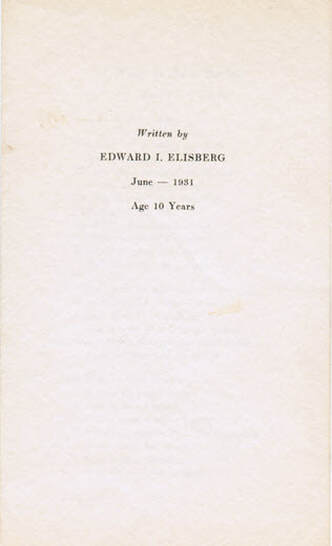
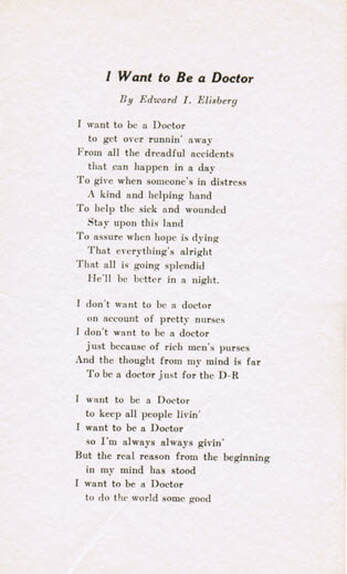
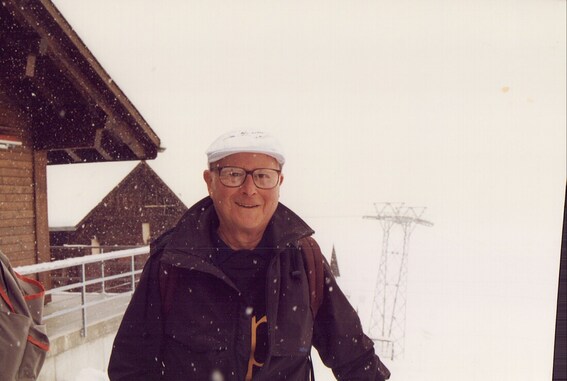
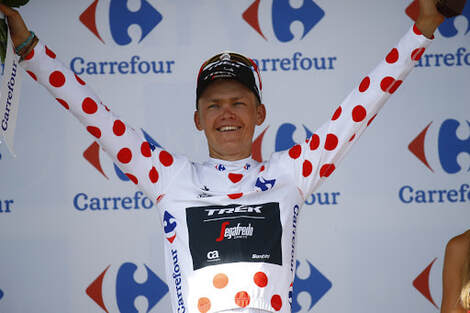
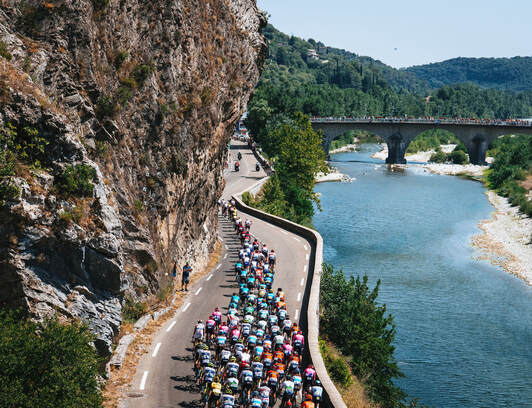
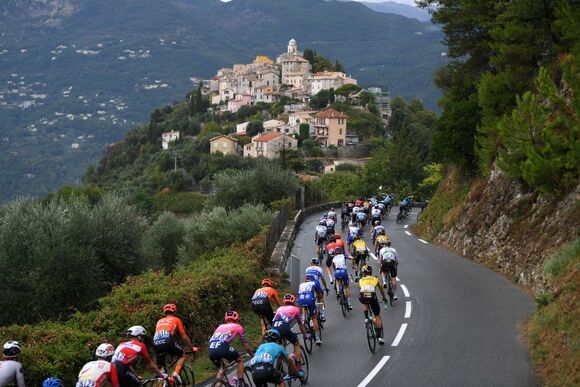
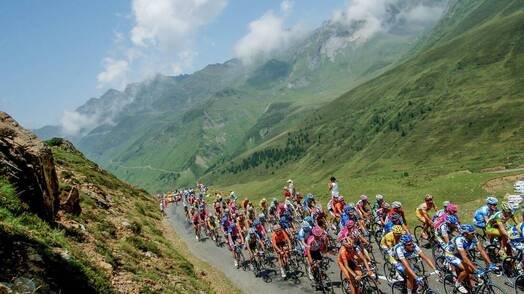
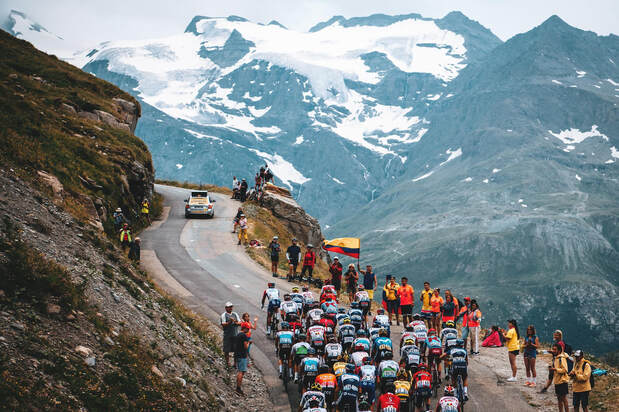
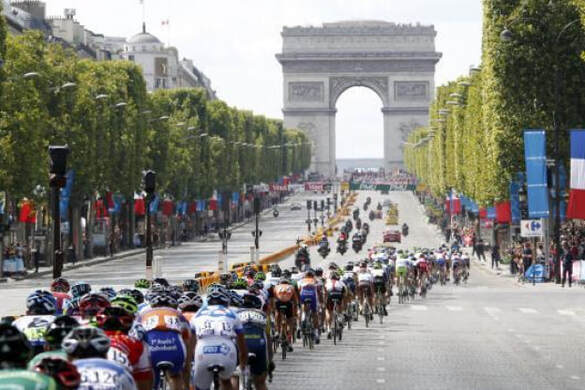
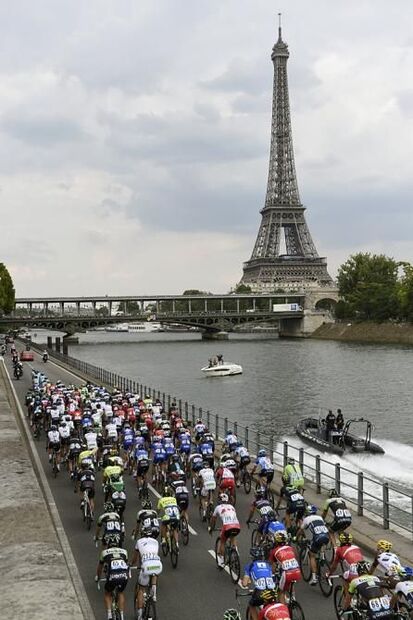






 RSS Feed
RSS Feed